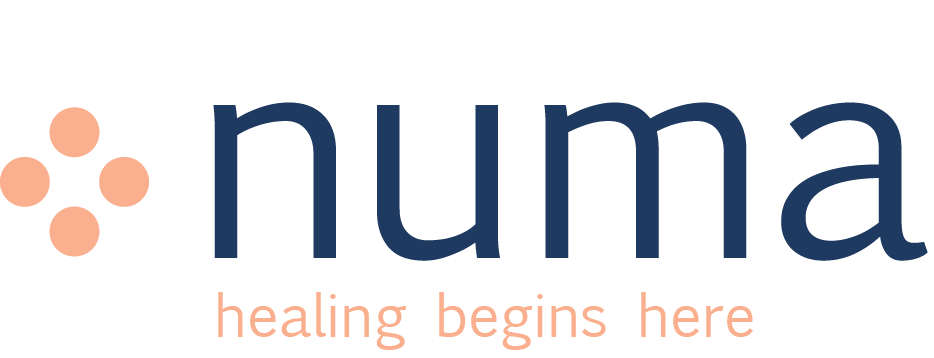The heart is one of the most central and important organs of the body. So, of course, alcohol and substance abuse affects the heart, too. Your heart health can influence the way your mind and body function. When these certain neurological and biochemical changes take place in a person’s body after prolonged alcohol and substance […]
In the United States, among adults aged 15 and older, 21% have a disability. The most typical disability is a cognitive limitation, like difficulty making decisions, concentrating, or remembering. On top of the cognitive challenges, most Americans experience visual, physical, and auditory disabilities, as well as disabilities associated with independent living and self-care.
Physical Disabilities and Addiction
Young adults who suffer from physical disabilities might be at a higher risk of drug and alcohol abuse. In fact, the National Rehabilitation Information Center reports that about half of those who experience disabilities may also abuse substances. That’s in comparison to about ten percent of the general population.
According to Disabled World, people facing mobility issues like spinal cord injuries, amputations, vision problems, or hearing loss might be 2 to 4 times more likely to misuse drugs or drink heavily. Genetic factors, emotional trauma, stress, and environment can also contribute to addiction. Physical disabilities can increase the risk of drug and alcohol abuse.
- Family or society might enable substance use, and improper treatment can prevent learning healthy coping skills.
- Lack of education about the risks, self-medication for pain or stress, and escaping reality can also lead to misuse.
- Misusing drugs and alcohol can complicate treatment for physical disabilities, affecting medications, rehabilitation, and counseling.
Treatment Barriers for Young Adults with Disabilities
Finding addiction treatment for disabled individuals is challenging due to accessibility issues and social stigma. Many treatment centers lack necessary accommodations like ramps for wheelchairs or braille signs for those with visual impairments. A survey found that about half of those with traumatic brain or spinal cord injuries seeking addiction treatment were turned away due to a lack of physical accessibility.
The American Association on Health and Disability (AAHD) states that physical accessibility problems regularly affect treatment for individuals with disabilities. Lack of cultural sensitivity and social stigma can also hinder proper addiction treatment. Therefore, having staff trained to care for those with both addiction and disabilities is crucial.
Bespoke Addiction Treatment for Young Adults with Disabilities
Personalized addiction treatment for individuals with disabilities tailors the recovery process to address their unique needs. While general addiction treatment includes detox, relapse prevention, education, therapy, counseling, and support groups, those with disabilities require a more specialized approach.
The SAMHSA Treatment Protocol emphasizes that facilities should accommodate physical disabilities without enabling the individual. Proper accommodations ensure equal treatment for everyone, regardless of limitations. It’s not just about navigating the facility; it’s also about learning to cope with mentally challenging situations. Therapies play a crucial role in teaching strategies for managing daily life alongside a disability.
During treatment, therapy and counseling help individuals with disabilities develop new strategies for self-reliance, fostering self-confidence, and reducing reliance on drugs and alcohol. The focus is on leveraging strengths rather than dwelling on physical limitations.
For an effective and comprehensive treatment plan, collaboration among medical providers, therapists, counselors, and addiction specialists is crucial. This collaborative approach allows for a plan that supports both addiction recovery and the management of the patient’s disability.
It may involve:
- addressing co-occurring disorders
- incorporating holistic practices like yoga and acupuncture
- providing addiction medications safely and effectively
Treating both addiction and disability concurrently under the guidance of trained professionals enhances the chances of successful recovery.
Accommodations for Young Adults with Disabilities at NUMA Recovery Center
NUMA Recovery Center prioritizes the needs of individuals with disabilities and is committed to providing a supportive and inclusive environment. As a fully licensed and highly rated drug and alcohol detox center in the heart of Southern California, we strictly prohibit discrimination against people with disabilities and adhere to specific criteria to ensure ongoing support for those with disabling conditions. Our focus is on achieving the following goals:
- Reasonable Modifications – We offer reasonable modifications of policies, practices, and procedures as needed to ensure equal access and treatment.
- Effective Communication – We prioritize effective communication in all forms, recognizing the diverse needs of individuals with disabilities.
- Physical Accessibility – Our facility is designed to ensure physical accessibility, including features like ramps, elevators, and other accommodations.
If you are facing both a disability and addiction to drugs or alcohol, we encourage you to reach out to our inpatient rehab. You can contact us at (888) 344-6862 to learn more about the specific ways in which we are prepared to accommodate your unique needs. Our dedicated team is here to provide the necessary support for your recovery journey.
Numa Recovery Center is a leading detox and rehab In Los Angeles, CA that serves to eliminate financial barriers to treatment. Healing Begins Here!
What is Aftercare? Aftercare programs are one of the most important parts of the recovery process. They include any type of care offered after the detox or residential treatment. Now that you’re sober, aftercare programs focus on how to keep it that way. They offer tools, strategies, resources, and support networks to make sure you […]
Opioid misuse has reshaped the landscape of public health in the United States, touching urban, suburban, and rural communities alike. In cities like Los Angeles—where access to prescription medications is widespread and stressors are high—opioid addiction has become an ongoing crisis that affects individuals, families, and the healthcare system at large. Many people still associate […]



